An emergency fund is one of the most essential components of a sound financial plan. It provides a financial safety net that can help you navigate unexpected expenses or temporary loss of income without derailing your financial stability. However, knowing when and how to use your emergency fund is just as important as having one in the first place. While it’s tempting to dip into it for various needs, using your emergency fund incorrectly or too often can leave you financially vulnerable when a real crisis occurs.
In this post, we will be discussing:
When can you use your Emergency Fund?
When should you NOT use your Emergency Fund?
Three Questions to Ask Before You Use Your Emergency Fund
WHAT IS AN EMERGENCY FUND?
Before we dive into how to use your emergency fund, let’s clarify what it is. An emergency fund is a pool of money set aside to cover unforeseen circumstances that disrupt your financial situation. The purpose of an emergency fund is to provide peace of mind and help you avoid going into debt when an emergency strikes.
An emergency fund is typically recommended to cover 3-6 months’ worth of living expenses. This amount gives you enough breathing room to manage unexpected financial setbacks without having to rely on credit cards, loans, or borrowing from friends and family.
WHERE TO PUT YOUR EMERGENCY FUND?
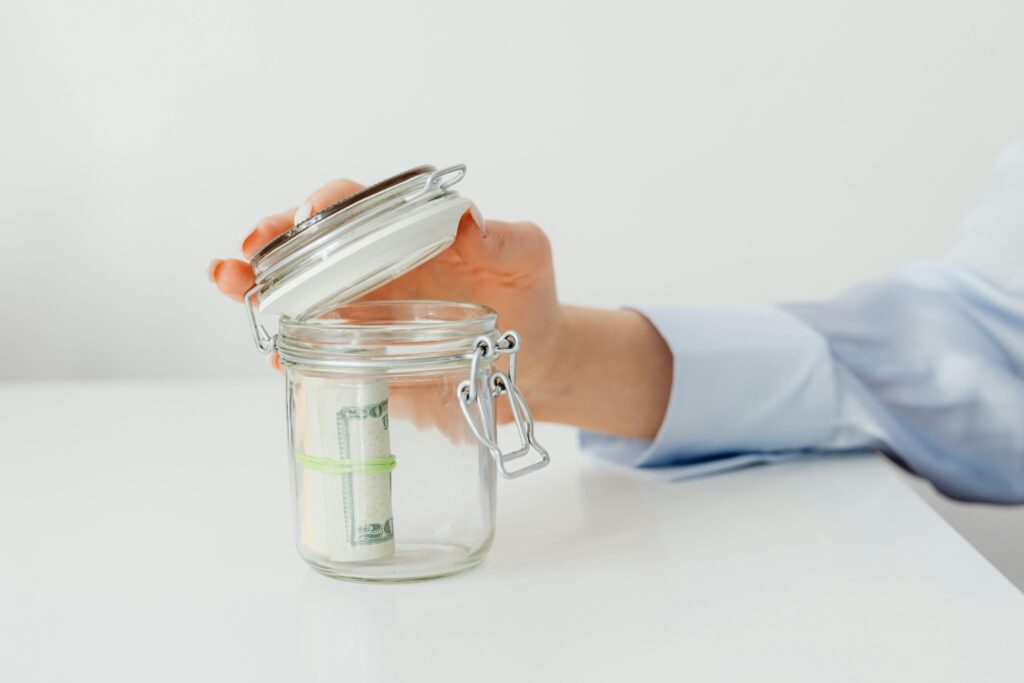
There are three things to consider when deciding where to stash your emergency fund: high-yield interests, fees and accessibility. Many financial experts recommend to keep your emergency fund in a high-yield savings account in a traditional or online bank, or any savings account that offers high-yield interest and zero to minimum fees. The money kept in your emergency fund must also be liquid and can easily be withdrawn in cases of emergency and physical cash is required.
WHEN CAN YOU USE YOUR EMERGENCY FUND?
There are specific circumstances in which it is appropriate—and necessary—to use your emergency fund. These situations typically involve unexpected events that you couldn’t have predicted and that would significantly affect your financial stability. Below are some of the common scenarios in which it’s okay to dip into your emergency fund.
1. Job Loss or Income Reduction
Losing a job or experiencing a significant reduction in income is one of the most common reasons to use an emergency fund. If you are unable to find immediate employment or your income is temporarily cut off, your emergency fund can cover essential expenses until you are back on your feet. This could include rent, utilities, groceries, and other living costs.
Why it’s okay:
An emergency fund provides the financial cushion necessary to help you maintain your lifestyle while you look for another job or adjust to a new income level. Without this fund, you might have to rely on high-interest credit cards or loans, which can lead to further financial strain.
2. Medical Emergencies or Unforeseen Health Costs
Medical emergencies or significant health issues are unpredictable and can be costly, even if you have health insurance. Your emergency fund can help cover deductibles, out-of-pocket expenses, or costs not covered by insurance. In cases where you or a family member unexpectedly need medical attention, this fund can relieve the burden of immediate costs.
Why it’s okay:
Health-related emergencies can arise without warning, and not having an emergency fund in place can force you to make difficult financial decisions, such as choosing between medical care and other important expenses. Using your emergency fund for healthcare ensures you don’t have to compromise on your health.
3. Major Home or Car Repairs
Sudden repairs to your home or car are often inevitable. Whether it’s a leaky roof, a renovation, or an unexpected car breakdown, these types of situations can disrupt your daily life and financial security. Emergency funds are meant to handle the costs of major repairs, especially when they are essential for your living conditions or safety.
Why it’s okay:
Such repairs can be costly, and waiting to save the necessary funds could put you in a precarious situation. For instance, driving a car with a critical mechanical issue or living in a home with damaged infrastructure could compromise your well-being.
4. Unexpected Travel for Family Emergencies
While travel is generally not a budgeted expense, there are occasions when it’s necessary to visit family members in emergencies, such as a funeral or a loved one’s hospitalization. These situations often require sudden, unplanned travel, and your emergency fund can help cover flight tickets, accommodation, or other expenses related to the travel.
Why it’s okay:
Emergencies are often urgent and unpredictable. Using your emergency fund ensures that you can attend to these important matters without having to stress about how to afford the travel costs.
WHEN SHOULD YOU NOT USE YOUR EMERGENCY FUND?
While your emergency fund is designed to help during tough times, it’s crucial to recognize the circumstances in which you should not use it. Tapping into your emergency fund for non-emergency expenses can put you at risk when a real crisis occurs.
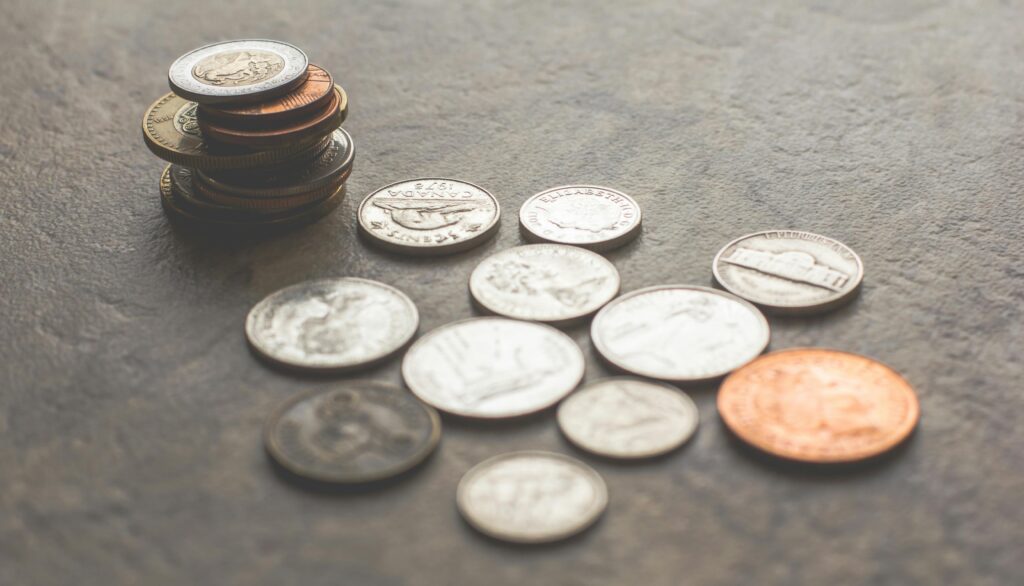
1. Discretionary Spending
Your emergency fund is not meant for everyday expenses, such as shopping sprees, dining out, or vacations. It’s easy to justify “treating yourself” when you’ve been working hard, but using your emergency fund for such expenses undermines its purpose.
Why you shouldn’t:
Discretionary spending can usually be planned for with your regular budget. If you dip into your emergency fund for these types of purchases, you might find yourself unprepared for an actual emergency in the future.
2. Debt Repayment
Using your emergency fund to pay off credit card debt or loans might seem like a good idea, but it’s not advisable unless you are dealing with an actual financial emergency. While paying off high-interest debt is important, it’s better to address this by creating a separate savings plan rather than sacrificing your emergency fund.
Why you shouldn’t:
Your emergency fund needs to remain intact for actual emergencies. Using it for debt repayment might give you short-term relief but could leave you vulnerable if you face another financial challenge.
3. Planned Large Expenses
If you have a big planned expense, such as buying a new phone, a car, or paying for a wedding, these should be saved separately and not taken from your emergency fund. These expenses, while important, are not emergencies and can be planned for in advance.
Why you shouldn’t:
Planned expenses can be budgeted for. Using your emergency fund for them means you’re not preparing adequately for unexpected events, which can put your financial health at risk when a real emergency arises.
3 QUESTIONS TO ASK BEFORE USING YOUR EMERGENCY FUND
Before using your emergency fund, it’s essential to pause and evaluate whether the situation truly warrants the use of these funds. Ask yourself these three important questions:
Is This an Unforeseen, Urgent Situation?
The first question to ask is whether the expense you’re facing is urgent and unplanned. If it’s something that could have been anticipated or doesn’t require immediate action, then it might not qualify as an emergency. For example, regular car maintenance is necessary, but it’s not an emergency—this type of expense should be planned for separately.
Can I Cover This Expense Another Way?
Next, evaluate if you have other resources or options to handle the expense. If there are other ways to manage the expense without touching your emergency fund, it might be worth considering those first.
Will This Expense Affect My Financial Stability in the Long Term?
Finally, think about whether using your emergency fund for this situation will affect your financial well-being down the road. If using the fund puts you at risk of not being able to cover true emergencies later, it may not be worth depleting your safety net.
FINAL THOUGHTS
An emergency fund is a vital tool in your financial arsenal, but knowing when and how to use it is just as crucial as having it in the first place. It’s meant to cover urgent, unforeseen expenses that could disrupt your financial stability, such as job loss, medical emergencies, or major repairs. However, it should never be used for discretionary spending, planned purchases, or debt repayment.
Before spending your emergency fund, ask yourself whether the situation is truly an emergency, if you have other options, and if it will negatively impact your long-term financial stability. By using your emergency fund responsibly, you ensure that it will continue to serve its purpose as a financial safety net, helping you weather any future storms with confidence and security.
Much love, Sabel


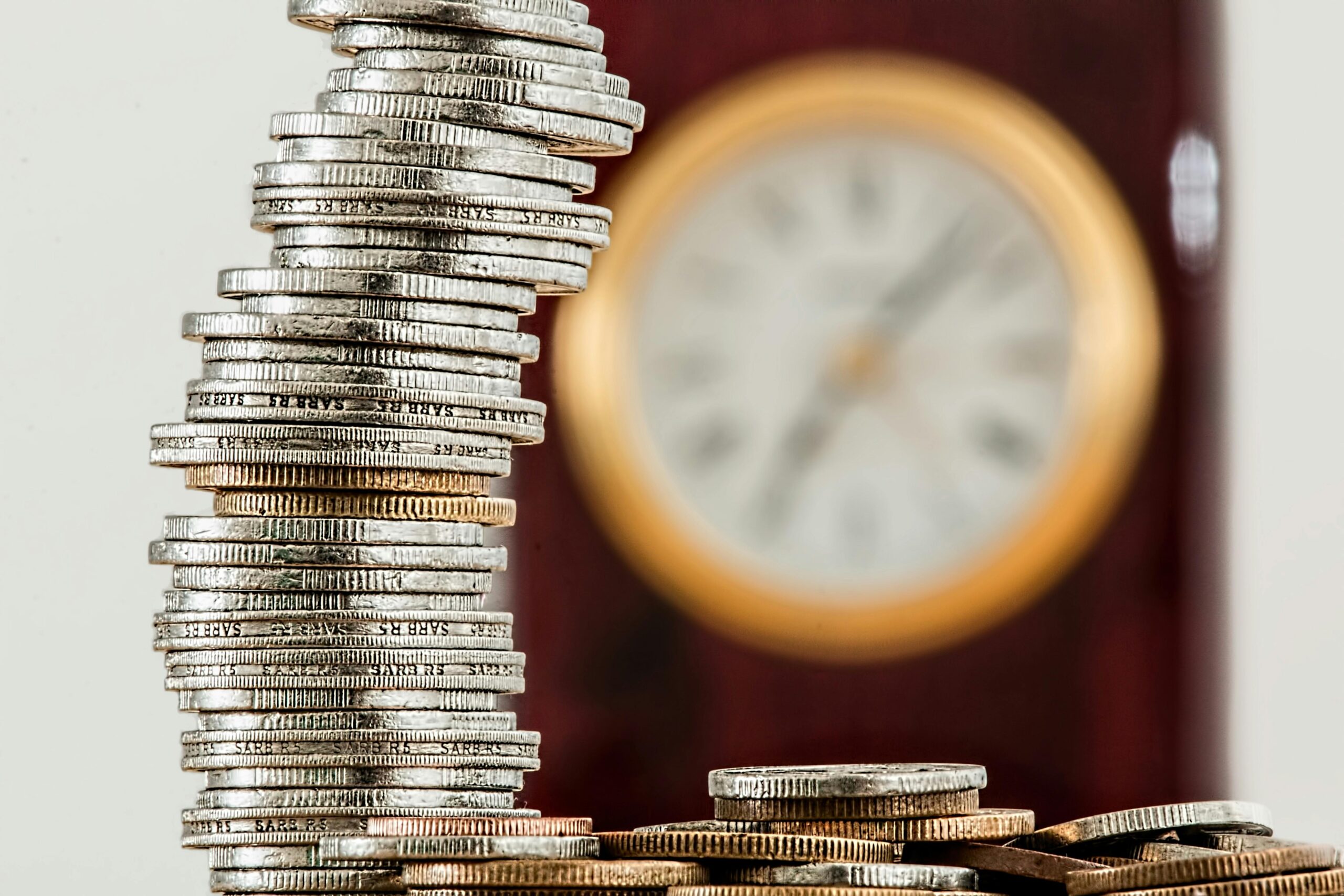

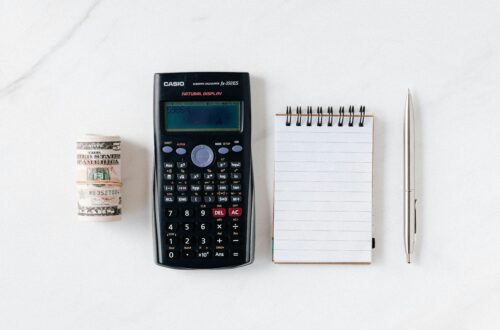

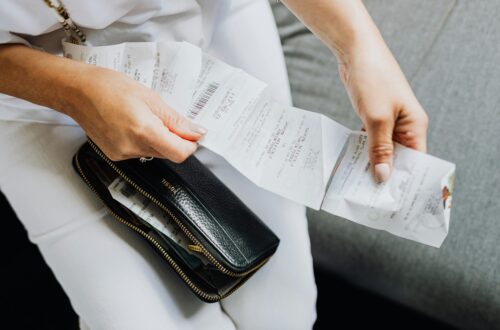
2 Comments on “When and How to Use Your Emergency Fund: A Guide to Smart Financial Decisions”